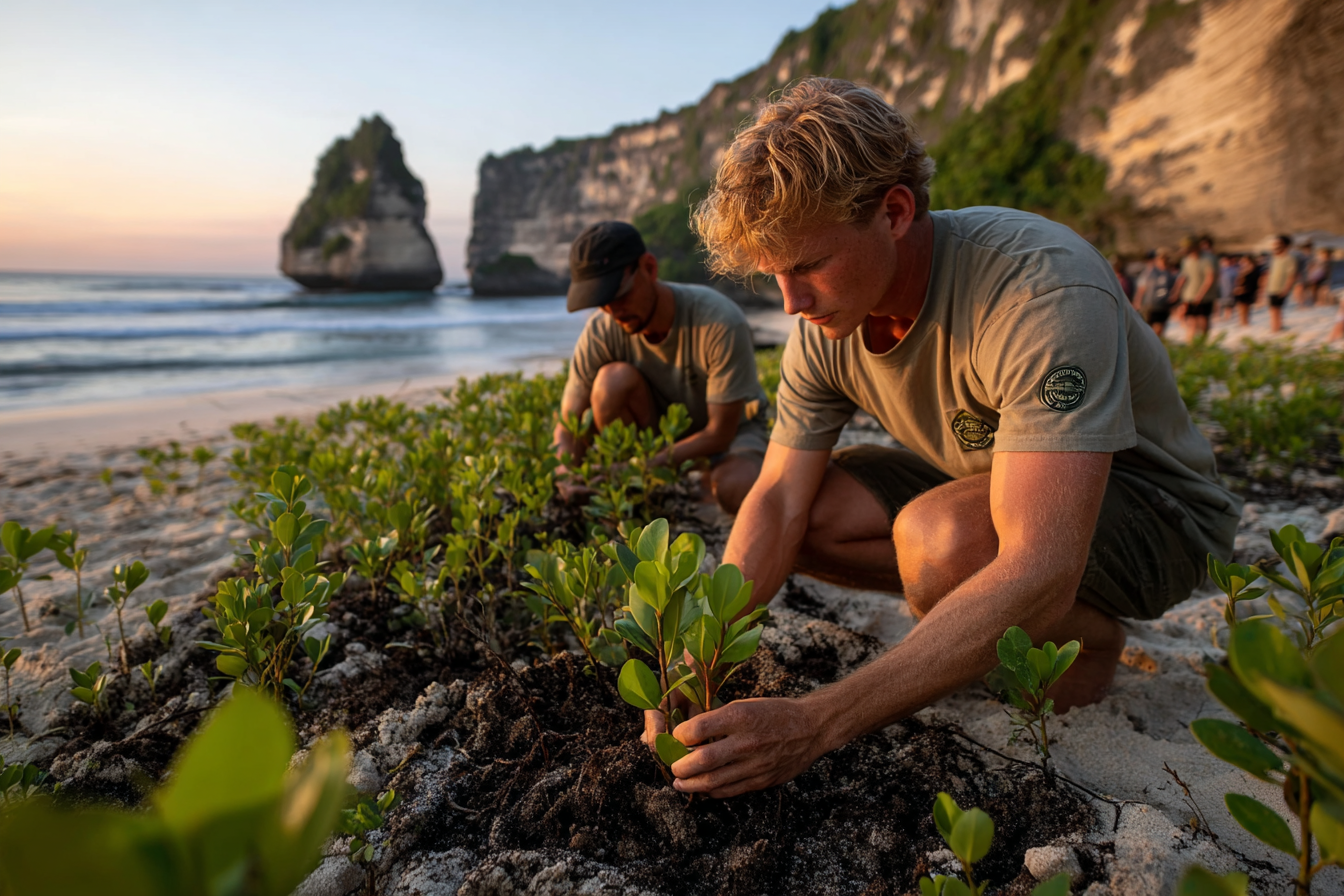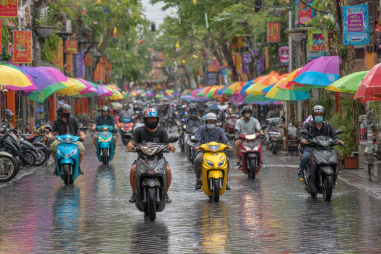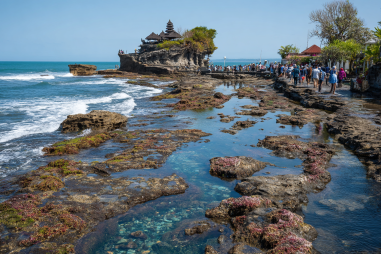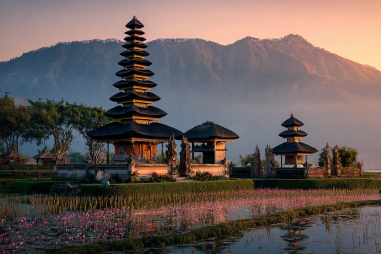Uluwatu, perched on the southern tip of Bali’s Bukit Peninsula, is renowned for its stunning cliffs, pristine beaches, and vibrant cultural scene. As this area attracts more visitors every year, there is a growing emphasis on eco tourism to ensure that the natural beauty and local heritage remain intact for generations to come. With sustainable travel gaining momentum, exploring Uluwatu responsibly not only enhances your experience but also supports environmental preservation and community well-being. Whether you’re a nature enthusiast, a cultural explorer, or someone who values green living, Uluwatu offers a wealth of eco-oriented ways to enjoy this tropical paradise.
Sustainable Travel Tips for Exploring Uluwatu
Traveling sustainably involves making mindful choices that reduce your environmental impact while respecting local traditions and communities. In Uluwatu, this means starting with simple practices that have a big effect over time. Opt for reusable water bottles and avoid single-use plastics, as Bali is actively working to reduce plastic pollution, particularly on its beaches. Carry eco-friendly sunscreen to protect both your skin and the fragile marine ecosystems from harmful chemicals.
When visiting Uluwatu’s natural sites such as the famous Uluwatu Temple or the surrounding beaches, stick to designated paths to minimize disturbance to native flora and fauna. Support local businesses by purchasing handmade crafts or locally grown food, which helps reduce carbon footprints associated with imported goods and bolsters the Balinese economy.
Eco-Friendly Accommodations in Uluwatu
Choosing where to stay is a crucial part of sustainable tourism, and Uluwatu has embraced green accommodations with eco-conscious travelers in mind. Many resorts, boutique hotels, and guesthouses have integrated environmentally friendly practices such as solar power, water conservation systems, and waste recycling programs.
Some accommodations also build using reclaimed or sustainable materials and incorporate native plants into their landscaping to preserve local biodiversity. Staying at these eco-friendly lodgings not only minimizes your environmental impact but often provides guests with authentic Balinese cultural experiences and wellness activities grounded in nature.
Conservation and Volunteer Opportunities
For travelers who want to give back, Uluwatu offers several conservation projects and volunteer opportunities. Organizations focused on marine conservation invite visitors to participate in coral reef restoration programs and beach cleanups, helping protect critical habitats and marine life. Other groups work with sea turtle conservation, offering chances to learn about these endangered creatures and assist in monitoring their nesting grounds.
Volunteering can deepen your connection with the environment and local communities, making your trip truly meaningful. Many projects welcome short-term volunteers, providing guidance and educational resources to ensure your contributions are impactful and respectful.
Responsible Wildlife Encounters
While Uluwatu’s natural surroundings offer many chances to witness wildlife, engaging with animals should always be done responsibly. Avoid attractions that exploit animals or encourage unnatural interactions, such as riding or close-contact shows. Instead, seek out ethical wildlife tours where animals can be observed in their natural habitats without disturbance.
For example, guided snorkeling or diving excursions around Uluwatu’s reefs promote awareness of marine ecosystems and respect for aquatic biodiversity. Always follow your guide’s recommendations and maintain a safe distance to protect both yourself and the wildlife.
Green Transport Alternatives
Transportation is often a significant contributor to a traveler’s carbon footprint, but in Uluwatu, eco-friendly options abound. Instead of renting a car or motorbike, consider using electric scooters or bicycles available from many local providers. These modes not only reduce emissions but also allow you to explore the region at a leisurely pace, enjoying scenic views more intimately.
For longer trips, there are also shuttle services and carpool options that help cut down on individual vehicle use. Whenever possible, walk between nearby attractions, which is the most sustainable way to get around and also offers spontaneous chances to discover hidden gems.
Supporting Local Communities
A vital aspect of eco tourism is uplifting the people who call Uluwatu home. Engaging with community-based tourism initiatives enables visitors to appreciate Balinese culture authentically while contributing economically to the area. Choose dining at warungs (local eateries) that use locally sourced ingredients and respect traditional recipes, providing fair wages to workers.
Shopping at markets or cooperatives that sell handmade textiles, jewelry, and artworks directly benefits artisans and preserves craft traditions. Many tours and activities are also community-run, ensuring that tourism revenue is reinvested into local development and environmental education programs.
Embracing a Sustainable Mindset in Uluwatu’s Natural Paradise
Exploring Uluwatu through the lens of eco tourism transforms your travel into an enriching experience that honors both nature and culture. By adopting sustainable travel habits, choosing green accommodations, participating in conservation efforts, and supporting local communities, you play a part in protecting this incredible region’s future. This mindful approach not only preserves Bali’s southern coast for others to enjoy but also deepens your appreciation for the interconnectedness of people and the planet. Sustainable tourism in Uluwatu invites you to be a responsible traveler—one who cherishes the environment and empowers the local community every step of the way.







